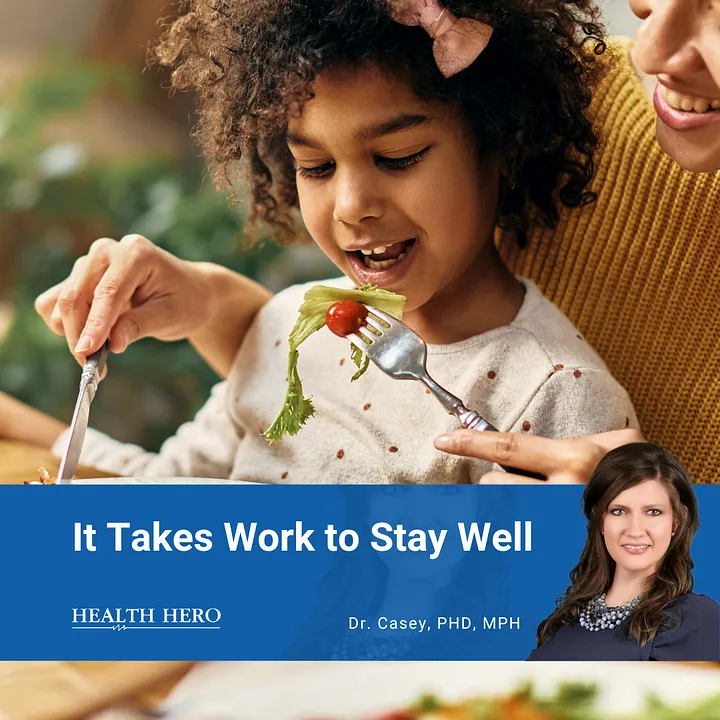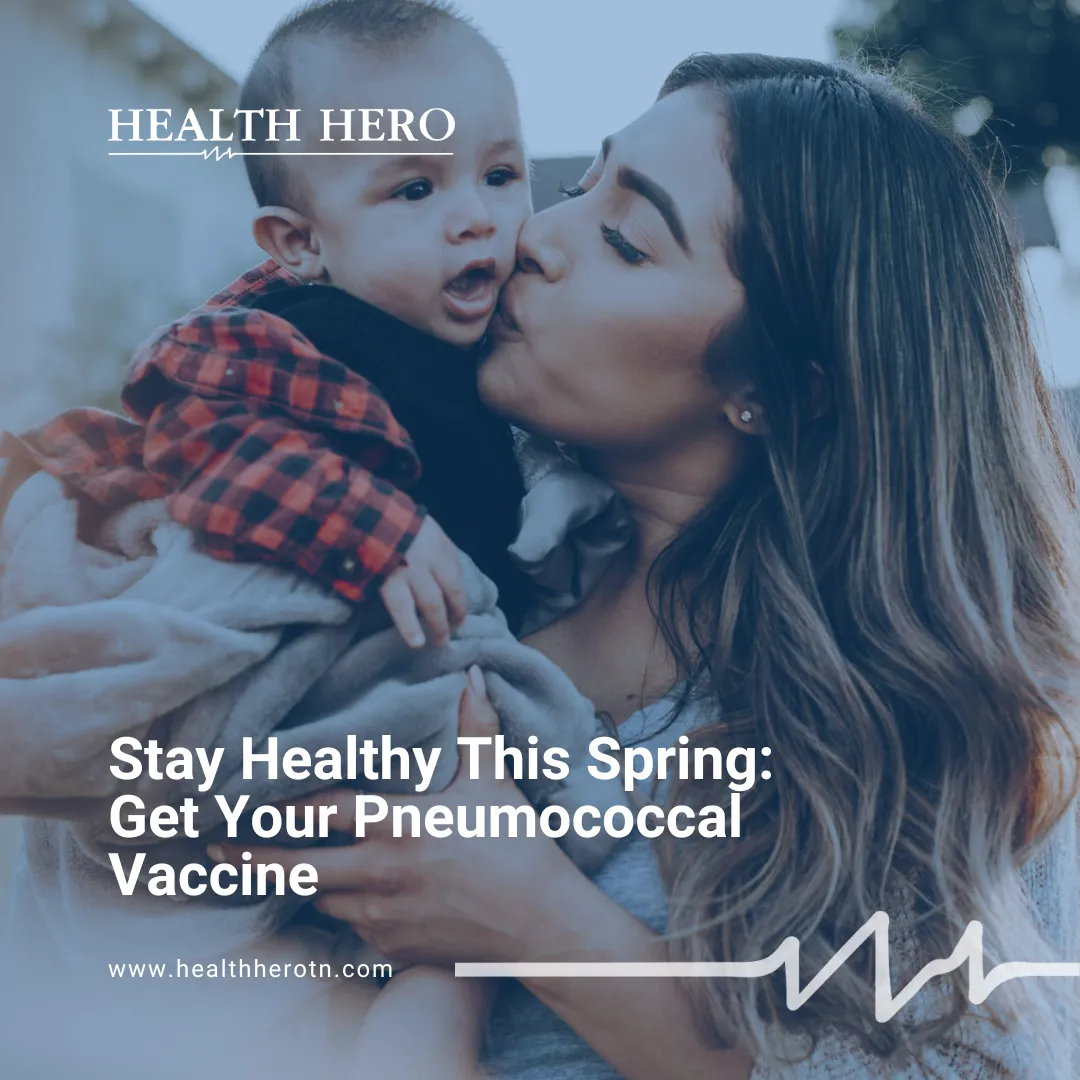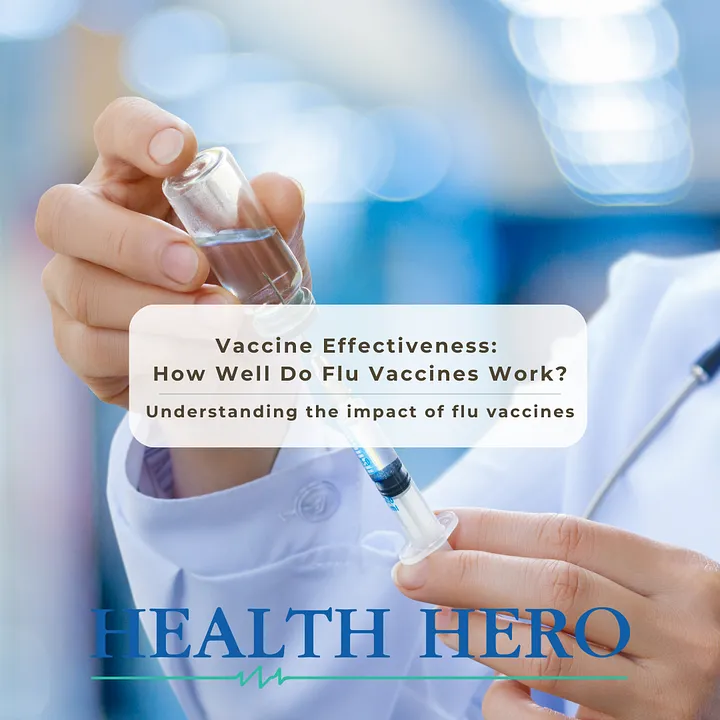On Wednesday, August 14, 2024, the Director-General of the World Health Organization (also known as the WHO) declared mpox a global public health emergency. This declaration was due to a rapid increase in cases of mpox in several countries in Africa, particularly in the Democratic Republic of the Congo (DRC). The hike in mpox cases has been closely watched by international health experts who are concerned that the virus could spread to even more African countries and potentially outside of the African continent. By identifying the very real threat of this outbreak, health professionals and governments from around the globe will be able to work together towards stopping the spread of mpox and end the current outbreaks.
What is mpox?
You may have heard of this virus before but perhaps under its former name (monkeypox). It was called that because the Monkeypox virus causes the illness. Now, though, this disease is known as mpox. The monkeypox virus that causes mpox is related to the same group of viruses that causes smallpox (but it is not related to chickenpox). The virus that causes mpox has been found in small rodents, monkeys, and other mammals, mostly living in Central and West Africa. Mpox is consistently present in these areas, so it is considered “endemic” in those places. For comparison, many diseases are considered endemic in the U.S., such influenza (flu), chronic hepatitis, and HIV.
What is the disease like?
The most common symptoms of mpox are a skin rash or lesions (often looking like sores) which can be anywhere on the body. Rashes and lesions typically last around 2–4 weeks. This type of rash usually starts as a flat sore which may itch or become painful as it next blisters and fills with liquid. Finally, scabs will develop and fall off of these areas as the rashes and lesions heal. Other frequent symptoms include fever, headache, sore throat, swollen lymph nodes, fatigue, muscle aches, and back pain. But the exact symptoms and severity will differ from person to person. Although rare, it is also possible to be infected with mpox without developing any symptoms. Symptoms of mpox usually start within a week of exposure, but can start anywhere from 1–21 days after being exposed. While symptoms should clear up between 2–4 weeks, it can take longer for people with weak immune systems, children, and those who are pregnant.
It is very important to be aware that there is potential for serious complications due to mpox symptoms. Some of these include bacterial infections of open lesions, sepsis (an infection of the blood), pneumonia, severe dehydration and/or malnutrition caused by vomiting and diarrhea, inflammation of many organs, and even death.
How is mpox spread?
Mpox is spread through direct contact with infected people, animals, contaminated materials, and infected pregnant individuals can pass the virus to their unborn baby. Among humans, mpox can be spread face-to-face (talking/breathing), skin-to-skin, mouth-to-mouth, and through close contact (through respiratory droplets); it can also spread through touch, kissing, or sexual interaction. People with mpox are infectious and can pass the disease on to others until all sores have healed and a new layer of skin has formed.
How is mpox treated?
Mpox treatment is focused on managing the symptoms, healing rashes and sores, managing pain, and preventing complications. Some antiviral drugs that were originally developed to treat smallpox have been used to treat mpox, and more studies are in progress to determine how effective these may be.
How can mpox be prevented?
There is an approved mpox vaccine that can assist in preventing infection. The vaccine should be given within 4 days of coming in contact with someone with mpox. For high-risk people, such as health workers who may be exposed and individuals with specific risk factors, mpox vaccination is highly recommended, particularly during an outbreak. Anyone with known or suspected mpox should be quarantined and cared for away from others who may contract the virus.
Other Questions?
While this may seem far removed from the safety of the United States, diseases like mpox should never be underestimated. Learning and understanding these kinds of health issues is critical because no one can guarantee that a highly contagious virus like this will not slip through the cracks and accidentally show up on our doorstep. With international travel being as convenient and accessible as it is today, we have a responsibility to know what is happening in the rest of the world, and to do what we can to keep ourselves and others safe and healthy. We are very fortunate to have global leadership that is taking a proactive approach to the current outbreak and working with people from all over the world to contain this virus as much as possible. Still, though, we must take whatever steps we can — even if that is just making sure we are educated — to be prepared, and engage in safe, preventive health practices.
Feel free to message my Facebook page with questions and thoughts. I love hearing from you and have been amazed at the incredible, thoughtful questions I have received! It is refreshing (and reassuring) to see so many people truly interested and invested in their health and the health of their loved ones and communities. I am always here as a resource that you can access and, most importantly, trust.
Be Well; Be Kind,
Dr. Casey
Want to Learn More?
If you want to read more about the WHO’s recent decision to declare mpox a global public health emergency, here is a press release that gives an overview of the issue and the decision: https://www.who.int/news/item/14-08-2024-who-director-general-declares-mpox-outbreak-a-public-health-emergency-of-international-concern
If you are interested in learning more about mpox, the Centers for Disease Control and Prevention (CDC) has an overview and more information here: https://www.cdc.gov/poxvirus/mpox/about/index.html
The WHO has even more details about mpox, including its signs, symptoms, and important advice for prevention available here: https://www.who.int/news-room/fact-sheets/detail/monkeypox








